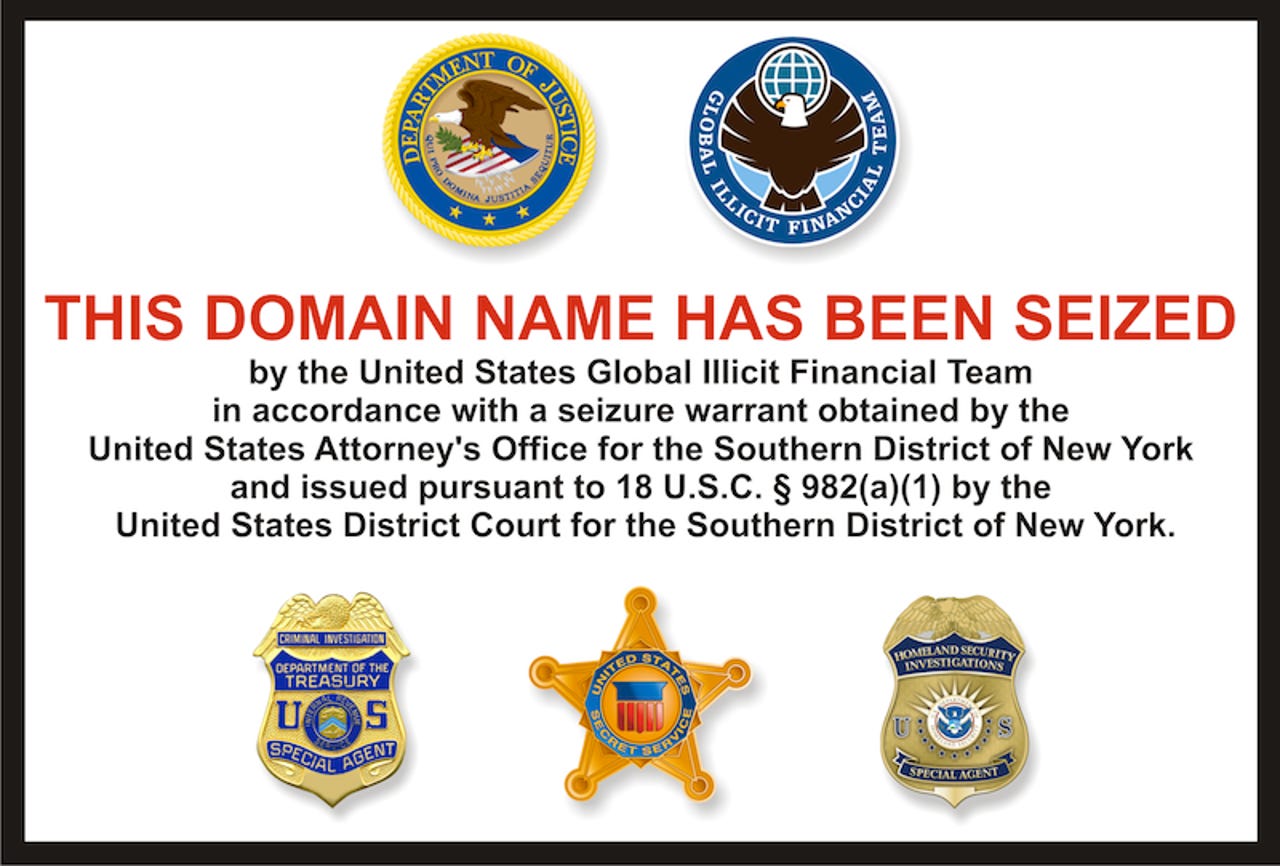US cracks down on digital fraud, biggest money laundering scheme 'in history'


Federal agencies are in the midst of prosecuting Liberty Reserve, claiming that the firm ran a $6 billion money laundering scheme.
The U.S. Justice Department says that Costa Rica-based digital currency firm Liberty Reserve and seven of its principals and employees are being charged for running the "largest" ever money laundering scheme, raking in at least $6 billion by "operating an unlicensed money transmitting business" and giving its users the ability to commit crime in secret.
The firm has been branded the "financial hub of the cyber-crime world" by prosecutors. Liberty Reserve, which handles vast amounts of money outside of governmental regulation, allegedly facilitated at least 55 million illegal transactions for a minimum of one million users, 200,000 of which residing in the United States. Operating in 17 countries, law enforcement says that the company allowed "global crime conduct," and subsequent charges are believed to become "the largest money laundering prosecution in history."
Liberty Reserve is accused of laundering the proceeds of crime including credit card fraud, identity theft, investment fraud, computer hacking, child pornography, and narcotics trafficking.
Established in 2009, Liberty Reserve operated using a digital currency called "LR." A user was able to open an account without validation, and so users often created accounts under false names. As part of the investigation, one agent opened a blatantly fake account, using "Joe Bogus" and the address "123 Fake Main Street” in "Completely Made Up City, New York" to test the system, only to find there was no verification.
Once an account was open, a user could use LR to trade with other members of Liberty Reserve, receiving, transferring, or sending LR to "merchants" that accepted LR as payment. The money exchange company charged a transfer fee each time. To ensure anonymity, Liberty Reserve offered users the option to pay more to hide account numbers, and also required users to make deposits or withdrawals through disguising third-party "exchangers" rather than transferring directly from bank accounts.
The company never registered with the U.S. Department of the Treasury as a money transmitting business, as required by law.
Five defendants were arrested on May 24, 2013, including founder and co-founder Arthur Budovsky and Vladmir Kats. A manager, accountant, and designer of technological infrastructure were also arrested. The members of Liberty Reserve were tracked down in the U.S., Spain, and Costa Rica. Russian citizen Maxim Chukharev is set to be extradited to the United States.
Two other defendants are in Costa Rica and have not been apprehended.
In addition to the arrests, law enforcement has also seized a number of domain names, 45 bank accounts, and a civil action lawsuit has been filed against 35 exchanger websites used to facilitate the company's scheme.
Manhattan U.S. Attorney Preet Bharara said:
"As alleged, the only liberty that Liberty Reserve gave many of its users was the freedom to commit crimes — the coin of its realm was anonymity, and it became a popular hub for fraudsters, hackers, and traffickers. The global enforcement action we announce today is an important step towards reining in the 'Wild West' of illicit Internet banking. As crime goes increasingly global, the long arm of the law has to get even longer, and in this case, it encircled the earth."